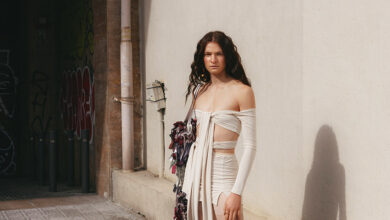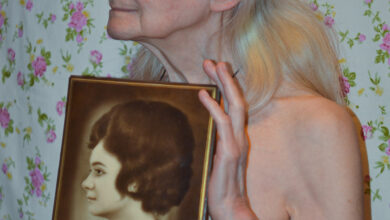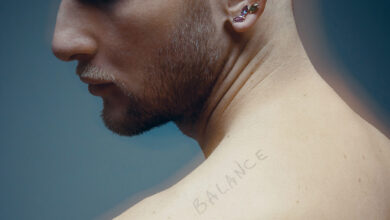Ukrainian designer Konstantin Kofta has always been passionate about fashion, but he never liked the fast and relentless rhythms of the industry. “I don’t like following trends, so I focused on art and on creating timeless products that speak about my ideas,” Kofta tells Zoot in a long-distance call from Ukraine.

In 2010 Kofta established a Kyiv-based couture studio producing seasonal yet iconic collections of bags and clutches. In his collections Kofta has turned Baroque architectural details and geometrical forms into wearable designs. He has moved from concepts such as anatomy and botany, to the insect realm and sports, producing bags shaped like body parts, juicy pomegranates and Buprestidae beetles, or incorporating three-dimensional forms like a baseball bat or praying hands. His work is arty and conceptual with a touch of irony.


Kofta’s bags are unconventional and unexpected, but totally functional, hand-made by pressing fine leather onto bespoke sculptural frames produced in house by a sculptor and combining high-tech methods such as 3D-modeling and printing. His collections can be conceived as art installations, and indeed they have been showcased in galleries around the world, winning the designer multiple awards.
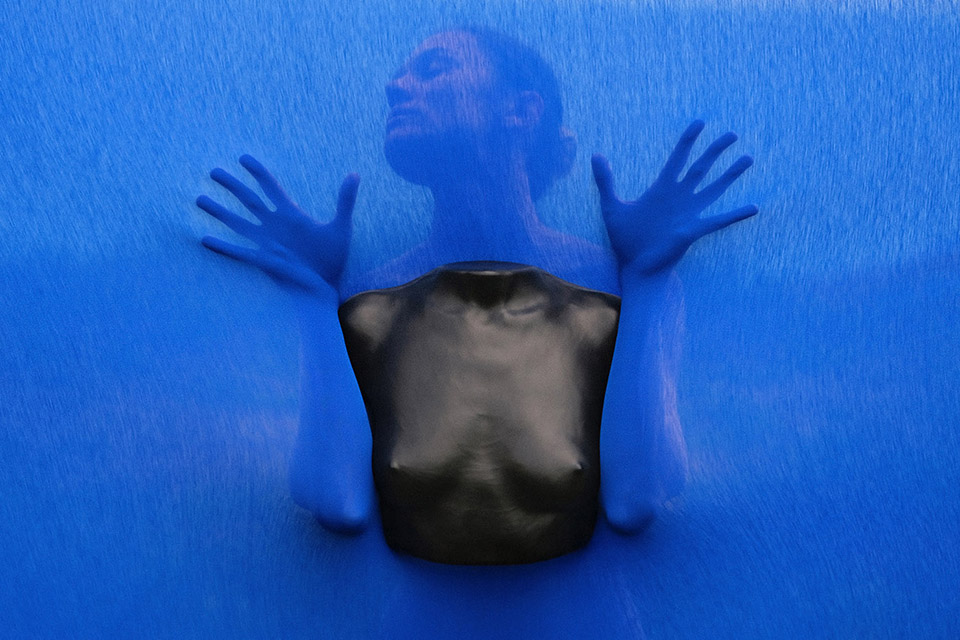
The Russian invasion of Ukraine and the war reshaped Kofta’s life and work: “Our odyssey started on 24th February,” he recounts. “My girlfriend and I woke up hearing crazy sounds, like bombs. We didn’t know what was happening and started calling around to try and understand what to do. A day later things got crazier and more dangerous and we decided to leave Kyiv.”
After seeing his parents and finding a place for them, Kofta drove towards the border with Poland where he said goodbye to his girlfriend and their cat, as men are required to remain in the country. “The war stopped everything,” he tells us. “My team moved out of Kyiv: the girls are safe and some of them went to Poland; two men relocated in Western Ukraine. I was talking to some friends who are now refugees and, to be honest, they want to come back; they don’t want to live in other places. Besides, I also have a few friends who have died.”
Kofta’s life is now suspended between the violent present in which he has been plunged and his peaceful existence in Kyiv before the war. “I had a great life there,” he says. “I live in an amazing place in Kyiv, a houseboat on the Dnieper River and I had a good life: I worked, played tennis, drove the boat and spent time with my family. I’ve always travelled a lot, but I never wanted to leave Kyiv as I love it.”

Kofta’s business was healthy before the war: even though he never promoted himself, he has 20,000 followers on social media and thousands of clients all over the world. “My work was never about money or fame; the purpose of my art has never been to make a lot of money,” he says. “I would sell 10 to 20 bags a month up until the war and that was enough for me.”
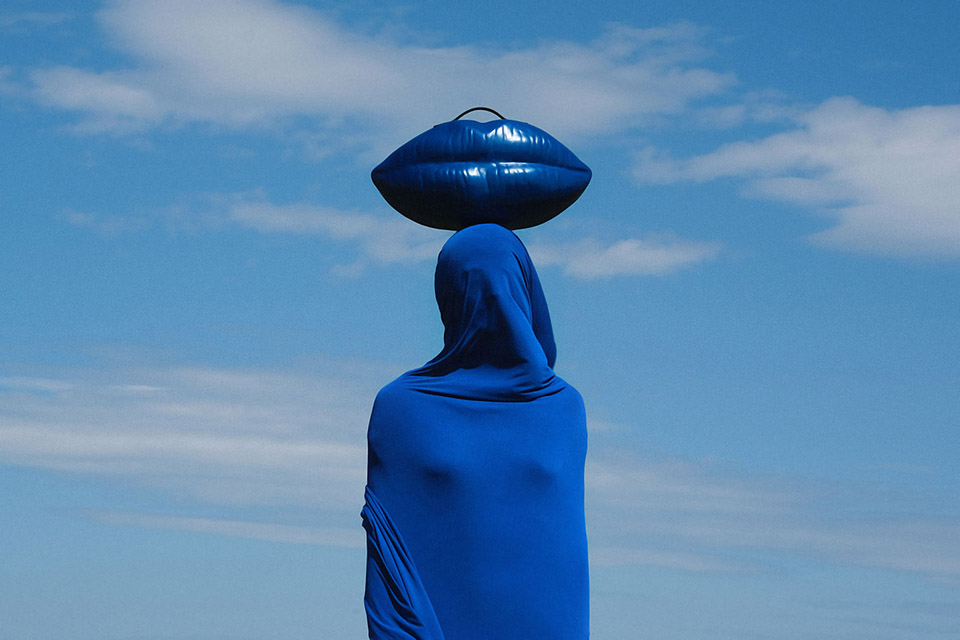
Kofta doesn’t know if his studio in Kyiv is still standing or if he has lost everything. He also finds it hard to be exposed to the violence of the war.
“Artists are sensitive people, and I consider myself an artist of the world, my life is about crafts, but not about the ‘war-craft’. I know that other countries do not want to be dragged into this war, and I can see why the sky will never be closed. That said, I want people in other countries to understand how our lives in Ukraine have radically changed and how the war has had an impact on creative minds and on their work.”

Kofta’s S/S 17 collection was entitled “Fear” and included bags with three-dimensional silhouettes of gas masks and handbags shaped like grenades, gas canisters, bricks and Molotov cocktails. Yet the designer wasn’t using them to encourage violence, but rather to comment about the effects of brutality, anger, oppression and destruction – inconceivable concepts for him. “You see, I think we’re all the same. Would flowers in another country look different from the flowers in Ukraine?” he asks. “No. So I don’t understand why the Russian flowers want to kill the Ukrainian flowers. I believe the future is about a world without divisions or borders.”
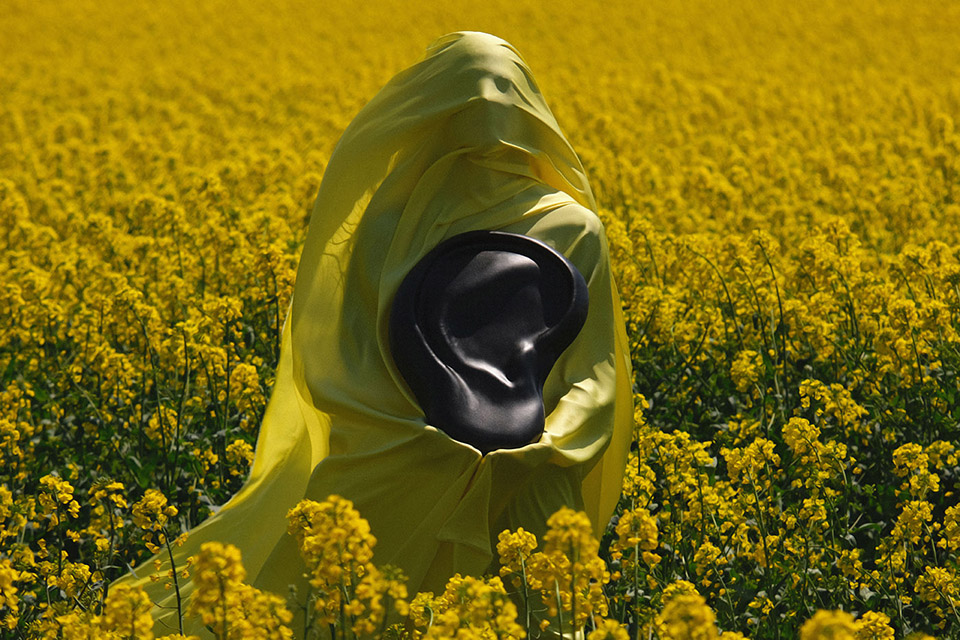
As he says goodbye, Kofta launches a moving appeal: “The most terrible thing about the war is the situation children are finding themselves in. So many of them don’t have their parents anymore. If you can help them, please take them out of the country, so they can have the chance to live another life.”
Konstantin Kofta recommends donating to Ukraine using verified channels such as Voices of Ukraine, an organization supporting children affected by war since 2015 and currently providing psychological support to children and helping them and their families evacuate.




